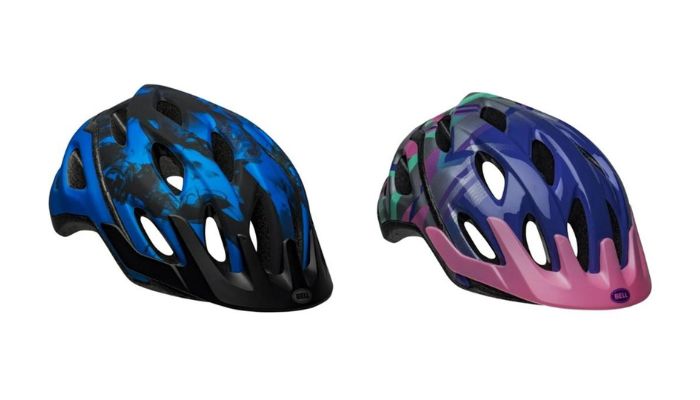I stood at the edge of a bustling skate park in East Vancouver yesterday, watching kids weave between concrete obstacles with the easy confidence that comes from practice—and proper safety gear. One boy, maybe 12 years old, adjusted his helmet before dropping into the bowl. His mother caught my eye and smiled: “Three years of begging him to wear it, and now he won’t ride without it.“
That conversation feels particularly poignant today as Health Canada has issued a nationwide recall of youth bicycle helmets that could leave children vulnerable to head injuries during crashes or falls.
The recall affects approximately 62,000 helmets sold under the popular “SafeRide Youth” brand between January 2022 and March 2024, according to Health Canada’s consumer product safety notice. The helmets—recognizable by their matte black finish and neon yellow chin straps—failed impact testing requirements during recent safety evaluations.
“The issue isn’t cosmetic,” explains Dr. Alisha Moreland, a pediatric trauma specialist at BC Children’s Hospital. “These helmets may look perfectly fine, but laboratory testing showed they don’t properly absorb impact forces. In a real-world fall, that difference could mean the difference between a scare and a serious brain injury.”
For families across Canada, this recall hits close to home. When I called Kelsey Thomson, a cycling advocate in Victoria whose two children both own the recalled models, she was already boxing them up for return.
“My kids ride to school every day, even in winter,” Thomson told me. “You trust that something designed to protect your child actually will. Finding out it might fail when they need it most—that’s gutting.“
The timing couldn’t be worse. As spring weather arrives across much of the country, bicycle sales typically surge, and many families will be getting bikes and safety gear ready for the season. Statistics Canada data shows cycling injuries peak between April and June, with head injuries representing about 20% of all bicycle-related hospital admissions.
The company is offering full refunds and has established a dedicated website for processing returns, though some parents report the system has been overwhelmed since the announcement. Retailers including Canadian Tire, SportChek and independent bike shops have pulled remaining inventory from shelves.
This recall follows concerning trends in children’s product safety. According to Health Canada’s most recent annual report on consumer product safety, children’s products accounted for nearly 30% of all recalls issued last year, with safety equipment violations being particularly troubling.
What makes this case unusual is that the helmets initially passed certification testing. Documents from Health Canada show the failure was discovered during routine market surveillance testing, where samples are purchased anonymously from retailers and subjected to the same rigorous standards as pre-market certification.
“Manufacturing consistency matters enormously with safety equipment,” says Michael Reynolds, who spent 12 years in product safety testing before joining Consumer Protection Canada. “A design might be sound, but if materials or assembly methods change even slightly during production runs, protection can be compromised.”
For parents wondering how to ensure replacement helmets are truly safe, experts recommend looking for models certified to standards like CPSC (Consumer Product Safety Commission) or CSA (Canadian Standards Association), properly fitting the helmet to their child’s head, and replacing any helmet involved in a crash regardless of visible damage.
The recall also highlights the evolving challenge of product safety in an era of global manufacturing and online shopping. Health Canada’s market surveillance team has expanded in recent years, but the volume of imported children’s products creates inevitable gaps in oversight.
When I visited Kickstand Community Bikes, a non-profit bike shop in Vancouver’s Downtown Eastside, volunteer coordinator Jasmine Lee was helping a mother and daughter select a new helmet to replace their recalled model. The girl, about nine, carefully tried several options before settling on a purple one.
“It has to be cool enough that they’ll actually wear it,” Lee explained, “but safe enough that it actually works.“
As the mother paid for the new helmet—the shop was offering a discount for families affected by the recall—she summarized what many parents are feeling: “You try to do everything right, teach them safety, buy the proper gear. Then something like this happens and you realize how vulnerable they still are.”
Parents who believe they may own an affected helmet can check the recall notice on Health Canada’s website or call the SafeRide customer service line directly at 1-800-522-7233. The company is prioritizing replacement options alongside refunds to ensure children don’t go without proper protection.
As summer approaches and more young riders take to streets and trails, this recall serves as both a practical safety alert and a reminder of the trust we place in protective equipment—trust that must be backed by rigorous standards and consistent testing to keep our most vulnerable riders safe.






